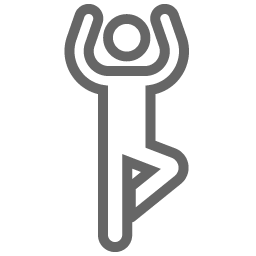Treatment planning considerations – Older patients
Generally, age alone should not dictate treatment decisions, however all management decisions for an older patient should consider life expectancy; potential risks versus absolute benefits; treatment tolerance; patient preferences; potential barriers to treatment; polypharmacy; and assessment of functional status, comorbidities, falls, depression, cognition, nutritional status and social situation.
All management decisions for an older individual with breast cancer should consider: Physiological age; Life expectancy; Potential risks vs absolute benefits; Treatment tolerance; Patient preference. Potential barriers to treatment
Barriers to therapy should be identified and addressed. Special attention should be paid to comorbidity (particularly cognitive status, anxiety, and depression) and social setting (particularly transport) that can affect patient decisions. Physician bias should not influence management. Family and caregivers cannot reliably predict patient preferences, and caregiver bias should not unduly influence management
How this guidance was developed
This recommendation was adapted from the SIOG/EUSOMA 2012 guideline (Europe) for the management of older patients with breast cancer. Two source recommendations from the same guideline were merged and adapted by simplifying the recommendations and adding 'age alone should not dictate treatment decisions' (which is included in the narrative of the guidelines publication). Both source recommendations were based on a systematic review of the evidence conducted to June 2010 and were not graded by the source guideline authors.
Treatment planning considerations – Older patients
Generally, age alone should not dictate treatment decisions, however all management decisions for an older patient should consider life expectancy; potential risks versus absolute benefits; treatment tolerance; patient preferences; potential barriers to treatment; polypharmacy; and assessment of functional status, comorbidities, falls, depression, cognition, nutritional status and social situation.
This recommendation was adapted from the SIOG/EUSOMA 2012 guideline (Europe) for the management of older patients with breast cancer. Two source recommendations from the same guideline were merged and adapted by simplifying the recommendations and adding 'age alone should not dictate treatment decisions' (which is included in the narrative of the guidelines publication). Both source recommendations were based on a systematic review of the evidence conducted to June 2010 and were not graded by the source guideline authors.


